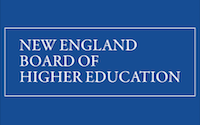
Developing the digital literacies of academic staff: an institutional approach
Institutional engagement with digital literacies at the University of Brighton has been promoted through the creation of a Digital Literacies Framework (DLF) aimed at academic staff. The DLF consists of 38 literacies divided into four categories that align to the following key areas of academic work: Learning and teaching Research Communication and collaboration Administration For […]
















